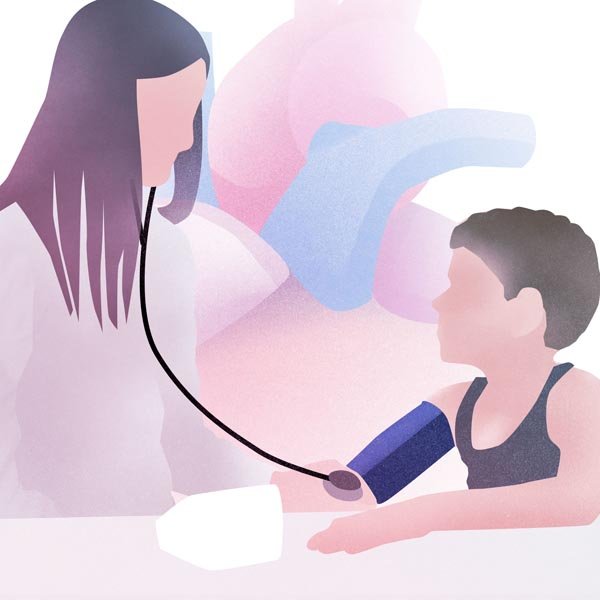
Proyecto piloto para la creación del Biobanco Español de Síndrome Nefrótico Idiopático
Cristina Martínez¹, Álvaro Madrid²
- Grupo de investigación traslacional vascular y renal. Institut de Recerca Biomèdica de Lleida (IRBLleida). Avenida Alcalde Rovira Roure, 80, Lleida, 25198, España.
- Departamento de Nefrología Pediátrica. Hospital Sant Joan de Deu, Esplugues de Llobregat, España
Resumen
A pesar de los enormes esfuerzos de investigación realizados durante décadas y la multitud de hipótesis que intentan explicar el origen del síndrome nefrótico idiopático (SNI) y su predominancia en la edad pediátrica, aún se desconocen los factores etiológicos responsables del inicio del daño glomerular, la resistencia al tratamiento y la recurrencia después del trasplante. El éxito en el manejo de esta enfermedad depende en gran medida de mejorar la precisión del diagnóstico para lo cual es esencial disponer de un mejor conocimiento de su etiopatología. En este artículo describimos un proyecto piloto orientado a la implementación del primer banco nacional de muestras biológicas de SNI iniciado como un esfuerzo conjunto del Institut de Recerca Biomédica de Lleida (IRBLleida) y el Hospital Sant Joan de Deu en Barcelona. El diseño de este biobanco es único en el mundo por el tipo de muestras (incluyendo muestras de los tres nichos ecológicos principales asociados a las mucosas gastrointestinal, genitourinaria y nasofaríngea) y datos a recoger (factores materno-fetales, ambientales, nutrición, estilo de vida y salud gastrointestinal) y representará un punto de partida clave para la creación de sinergias nacionales e internacionales en la investigación clínica y biomolecular del SNI. El enfoque propuesto allanará el camino para la identificación de paneles de biomarcadores de diagnóstico y pronóstico de vanguardia basados en la integración de los datos clínicos con datos de composición/actividad de la microbiota, firmas genéticas/epigenéticas e interacciones inmunitarias que, en última instancia, brindarán nuevas estrategias de intervención y prevención personalizadas.
Palabras clave: síndrome nefrótico idiopático, interacción huésped-microbiota, biobanco, inmunidad innata, disfunción de la barrera de filtración glomerular
Abstract
Despite enormous research efforts made over decades and the multitude of hypotheses that attempt to explain the occurrence and childhood specificity of idiopathic nephrotic syndrome (INS), the etiological factors responsible for the onset of glomerular damage, resistance to treatment and recurrence after transplantation are still unknown. Because management of the disease undoubtedly depends on improving diagnosis, which relies on a better understanding of its origin and pathophysiology, initiatives aimed at implementing understanding of its pathophysiology are a priority.
This article describes a pilot project aimed at implementing the first national bank of biological INS samples, a joint initiative of the Institut de Recerca Biomédica de Lleida (IRBLleida) and the Hospital Sant Joan de Deu in Barcelona. The biobank’s design is unique in the world due to the type of samples (from the three main ecological niches associated with gastrointestinal, genitourinary, and nasopharyngeal mucosa) and to the data that will be collected (maternal factors, environmental exposure, nutrition, lifestyle and gastrointestinal health). It constitutes a key starting point for the creation of national and international synergies in clinical and biomolecular research into INS. The proposed approach will pave the way for the identification of breakthrough diagnostic and prognostic biomarker panels based on the integration of clinico-epidemiological data and microbiota, genetic/epigenetic signatures and immune interactions, ultimately providing novel intervention and prevention strategies. This will support a better diagnostic approach in clinical practice and facilitate the development of new evidence-based medicine approaches that will lead to novel targeted therapies and personalized medicine.
Key words
Idiopathic nephrotic syndrome, host-microbiota interactions, biobank, innate immunity, glomerular filtration barrier dysfunction




